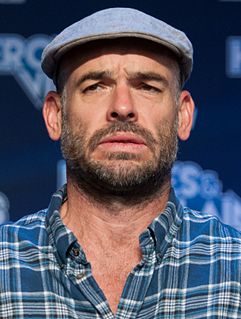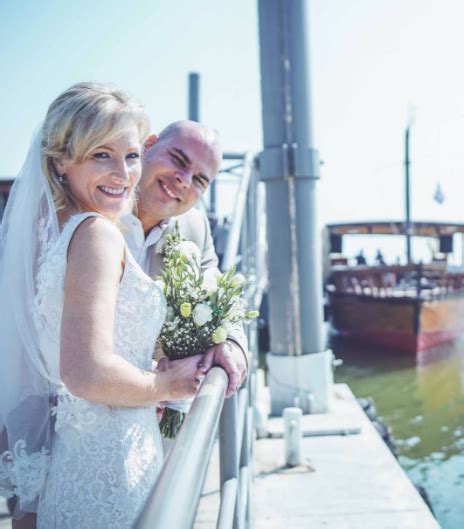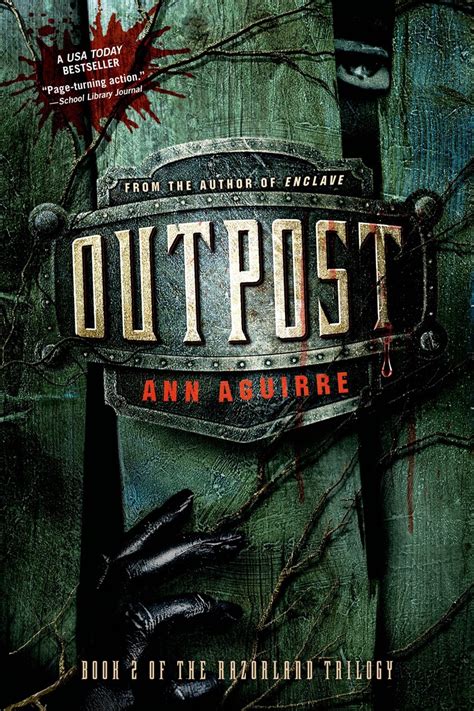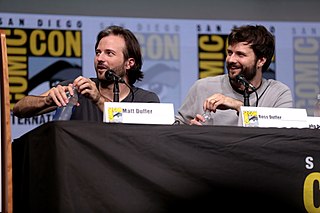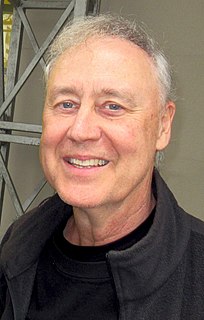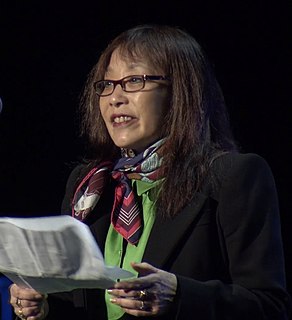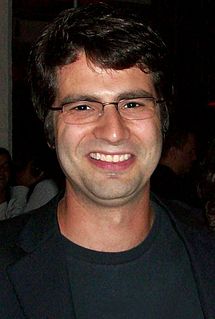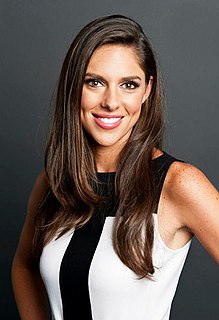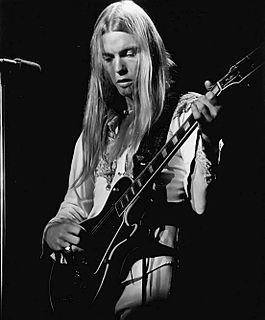A Quote by Emily Giffin
I always find something in common with my protagonist, particularly when I write in the first person.
Quote Topics
Related Quotes
First person allows deeper insight into the protagonist's character. It allows the reader to identify more fully with the protagonist and to share her world quite intimately. So it suits a story focused on one character's personal journey. However, first person shuts out insights into other characters.
People concentrate, particularly for their own purposes, on dividing people, and it's just not necessary. If you actually spend time with somebody, in 10 minutes, you'll find something in common, and it's powerful when you do. When you find you've got something in common with somebody, all of a sudden, you're friends.
The first thing our Chapman screenwriting professors taught us was that all stories share one thing in common: there is a protagonist, and that protagonist has a goal that he or she has difficulty achieving. Does Luke Skywalker become Luke Skywalker if he doesn't get pulled into the Death Star, if his best friend isn't turned into carbonite?
Songwriters I've always been drawn to are people who deal with something of depth in the lyric writing. ...I've always been influenced by the folk song, the storytelling tradition in folk music. And so for years I wrote mostly story songs. I still do that, but as I've gone on, it's gotten a little more personal. I used to write mostly in the third person. I write a little more in the first person now.
Creativity is basically a feminine process. I'm convinced that we have in our soul, everybody, this masculine side and this feminine side. So at the end of the day, you always use this feminine creative energy to write or to do any type of art or creativity. So if I see that my protagonist is feminine, it's not more difficult, no. And even when my protagonist is masculine, I'm writing from using this feminine energy.


